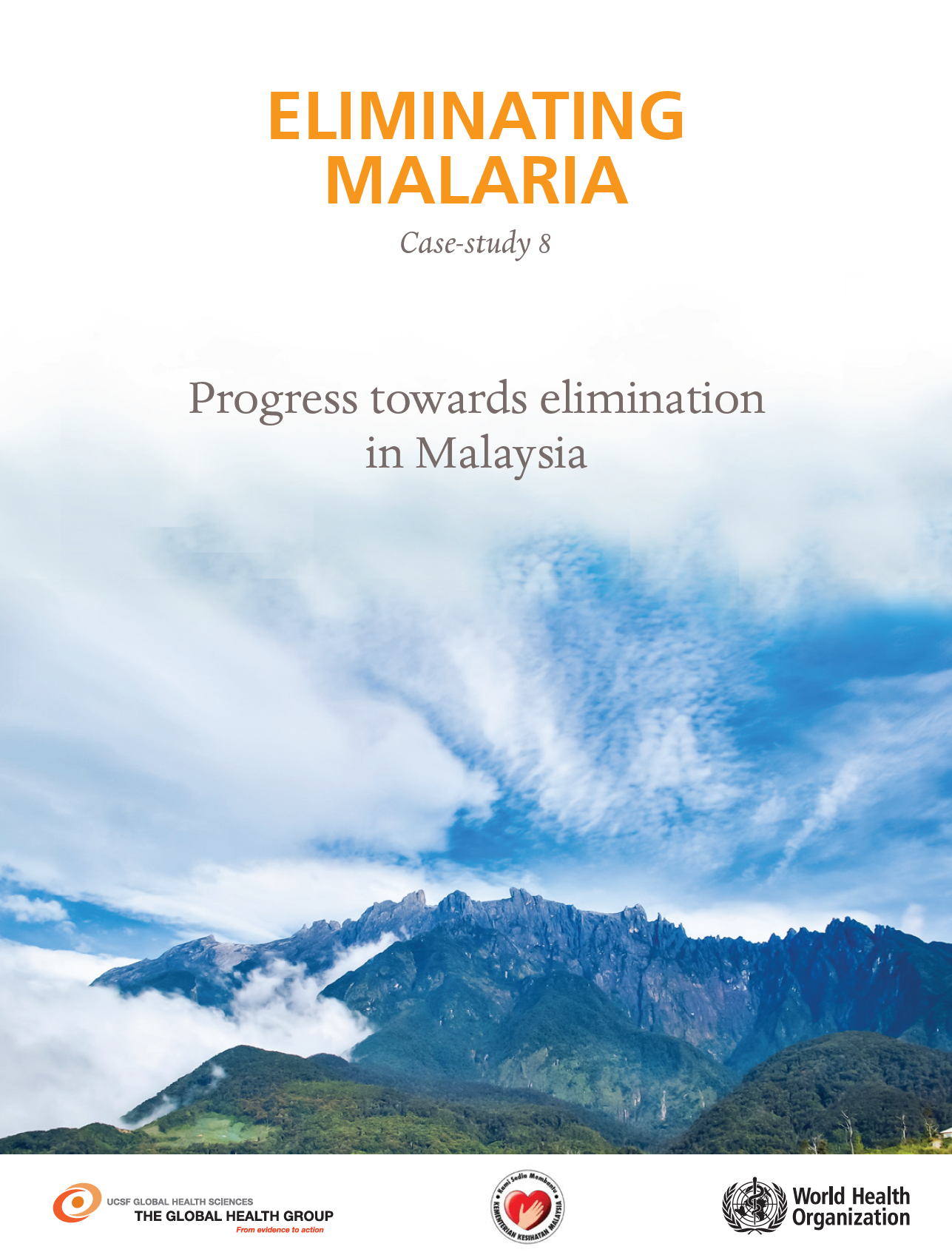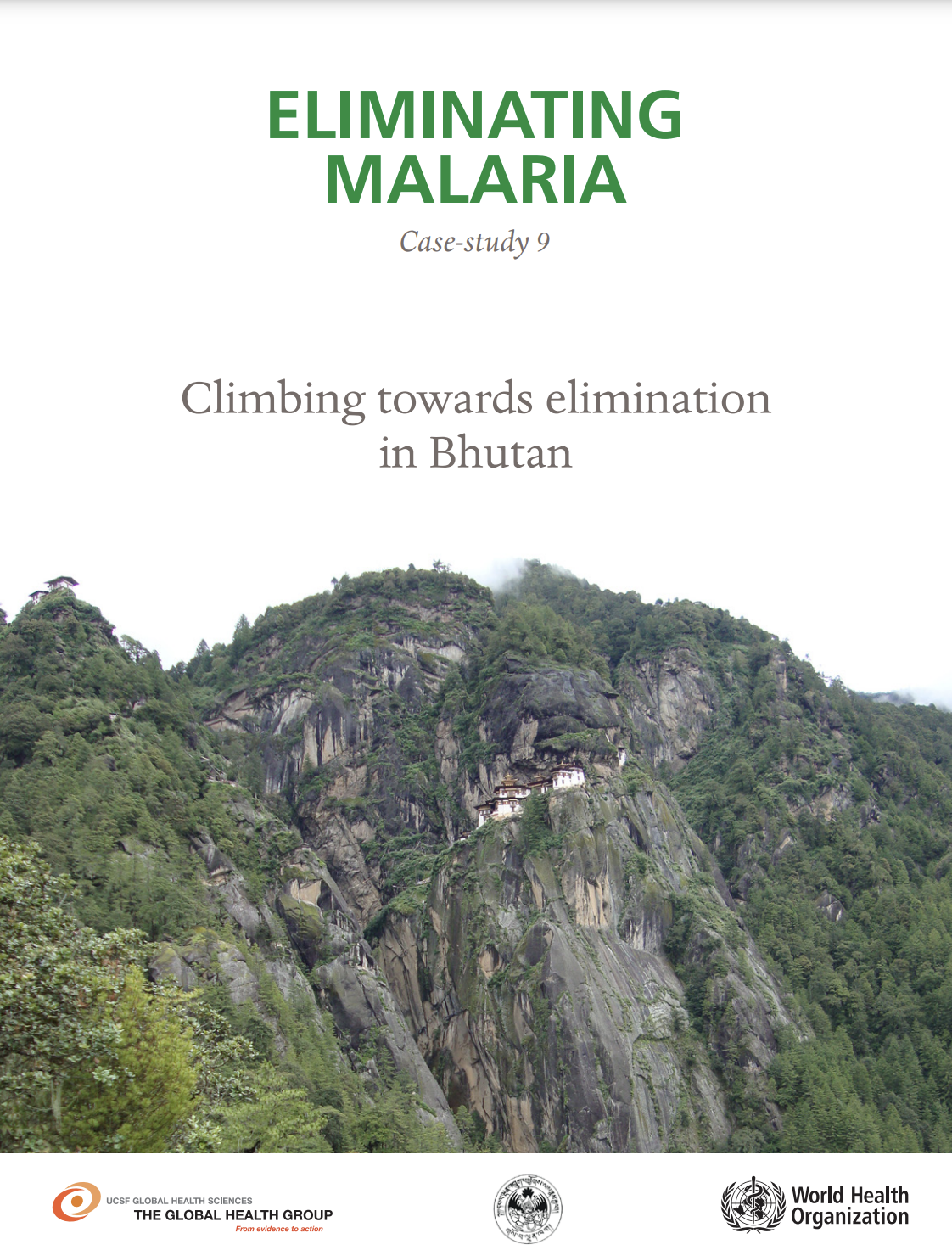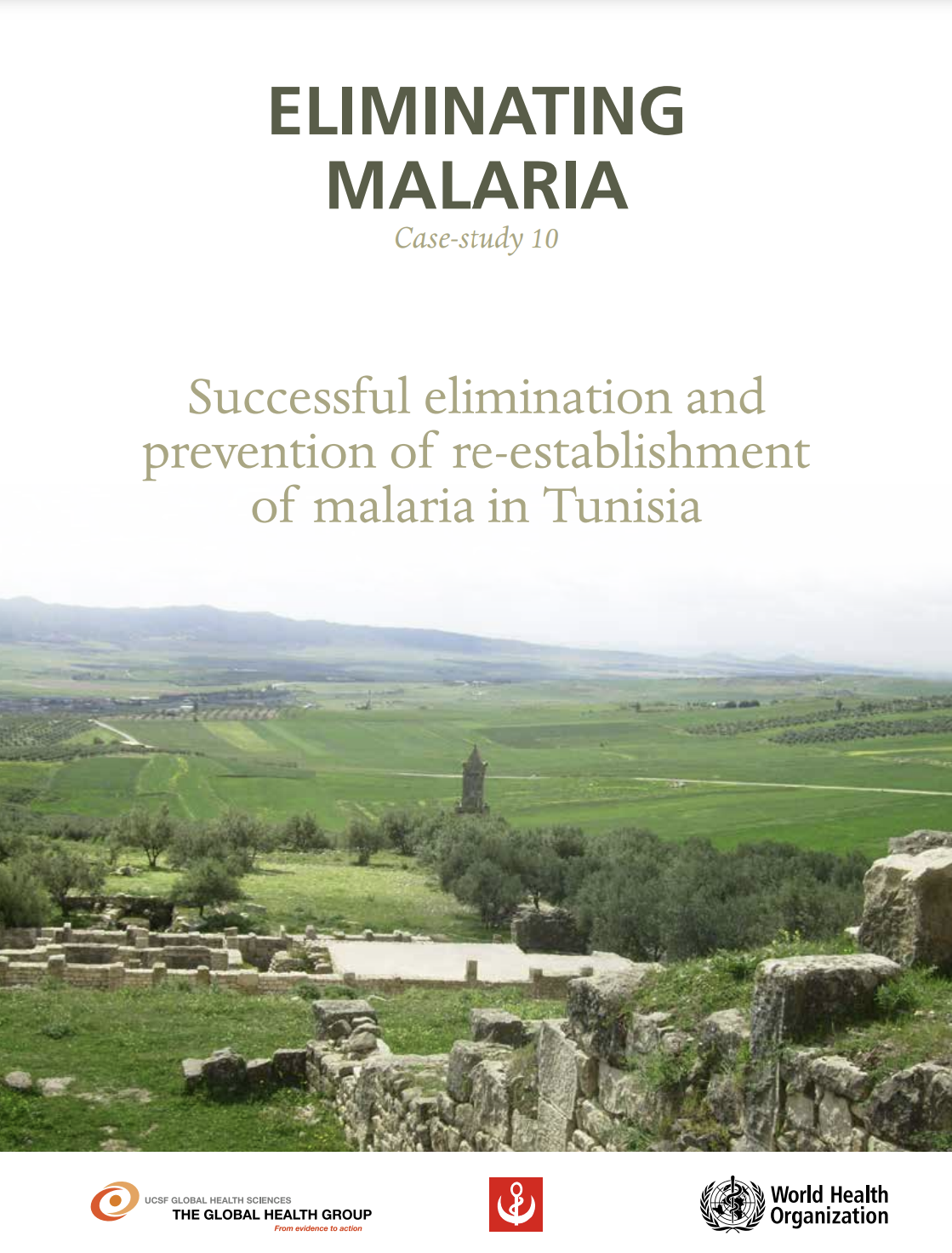Eliminating malaria (case study 8): Progress towards elimination in Malaysia
Collaborator(s): University of California San Francisco (UCSF), United States
Countries: Malaysia
Published: 01/10/2015
The WHO Global Malaria Programme and the Global Health Group at the University of California in San Francisco, supported by the Bill and Melinda Gates Foundation, launched a new series of case-studies on malaria elimination: Eliminating malaria. In this series, national malaria control programmes and researchers generate new evidence about what works – and what does not – for reaching and sustaining zero malaria transmission.
The objective of this work is to build an evidence base to support intensification of malaria elimination as an important step in achieving international malaria targets. Ten case-studies were prepared that, together, would provide insights into and lessons to be learned from a wide range of elimination approaches and geographical settings.
Malaysia was chosen because of its extensive history of malaria control and its recent progress towards eliminating malaria. The main authors collaborated in the data collection process and write-up, focusing efforts on malaria control efforts since 1991. This case study on the Malaysian malaria control programme experience, progress and challenges will add to the growing body of literature on malaria elimination in the Asia Pacific region. As an economic leader in the South-East Asia region, Malaysia’s experiences in reaching the pre-elimination stage, and the lessons learned over the past century, are important to share with the international malaria community.


